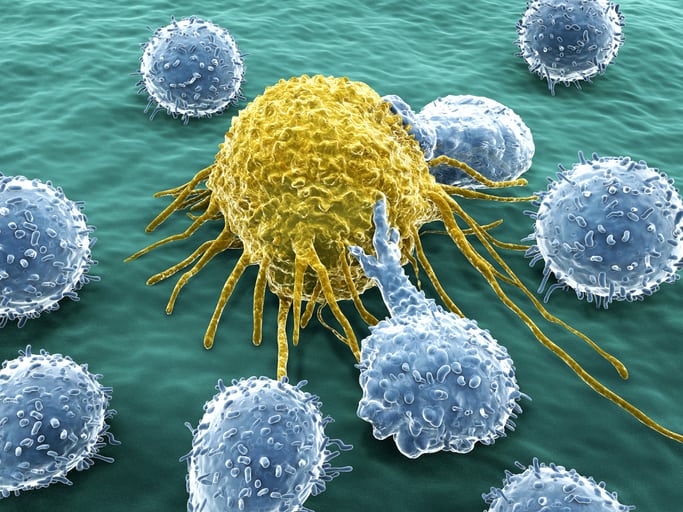Tokishakuyakusan (TSS) is a Kampo medicine that is prescribed for the treatment of infertility in Japan. However, its precise mechanism of action remains unclear.
Leukemia inhibitory factor (LIF) in the endometrium plays an indispensable role in embryo implantation and is linked to infertility or implantation failure. Previously, we demonstrated that TSS ameliorated implantation failure induced by mifepristone (RU-486), an antagonist of progesterone, in rats. Herein, we aimed to clarify whether the ameliorating effect of TSS on implantation failure in the rat model involves endometrial LIF. Additionally, we determined whether decidualization, the dysfunction of which is linked to infertility or implantation failure similar to LIF, progesterone, and other implantation-related factors, are involved in the effect of TSS.
The implantation failure rat model was developed via the subcutaneous administration of RU-486 (7 mg/kg) on day 3 post-coitus. Sesame oil was administered as the vehicle control. Rats were fed a diet containing 1% or 3% TSS or a control diet from day 13 pre-coitus. Subsequently, the implantation sites were assessed, and plasma progesterone levels were analyzed by liquid chromatography-tandem mass spectrometry (LC-MS/MS) on day 8 post-coitus. The LIF mRNA of the endometrial gland, which was segmented via laser-microdissection from the endometrial tissue, was measured, and endometrial LIF immunostaining was carried out on day 5. The gene expression of different factors related to implantation, including decidualization and progesterone-responsiveness on days 5 and 6, were measured. The human endometrial Ishikawa cell line derived from human adenocarcinoma was treated with TSS (30-300 μg/mL) for 24 h, and the LIF concentrations in the cell culture supernatants were measured.
RU-486 decreased the number of implantation sites in the uterus of rats; however, the decrease was significantly alleviated by TSS (3%-diet), which tended to increase plasma progesterone. In rats with RU-486-induced implantation failure, endometrial gland LIF mRNA and endometrial LIF protein were markedly decreased while the gene expression of both decidualization-related factors such as interleukin-11, insulin-like growth factor binding protein-1, and cyclooxygenase-2, and progesterone responsive-related factors such as FK506 binding protein 5, were significantly decreased. These changes in the uterus of rats with implantation failure were significantly alleviated by TSS (3%-diet). Additionally, TSS significantly enhanced LIF protein production and LIF mRNA in Ishikawa cells.
The mechanism whereby TSS ameliorates RU-486-induced implantation failure in rats may involve the alleviation of decreased LIF production derived from the endometrial gland, and a dysfunction of decidualization, including lower progesterone responsiveness in the model. These findings may partly contribute to the interpretation of the beneficial effects of TSS on infertility.
Copyright © 2020. Published by Elsevier B.V.
The Ameliorating Effects of Tokishakuyakusan in a Rat Model of Implantation Failure Involves Endometrial Gland Leukemia Inhibitory Factor and Decidualization.


